Stages of Parkinson’s and Disease Progression
What’s the course of Parkinson’s?
The stages of Parkinson’s correspond to the severity of movement symptoms and how much a person’s daily activities are affected. The most commonly used rating scales are focused on the motor symptoms, but new scales include information on non-motor symptoms (such as cognitive problems or sense of smell). The Hoehn and Yahr scale, rates the stages of Parkinson on a scale of 1 to 5. On this scale, depending on a person’s difficulties, 1 and 2 are representing the early-stage, 2 and 3 the mid-stage, and 4 and 5 the advanced-stage in Parkinson’s.
Another scale commonly used to assess the stages of Parkinson’s is the United Parkinson’s Disease Rating Scale (UPDRS). It focuses on movement symptoms. In addition to these, the UPDRS takes into account cognitive difficulties, ability to carry out daily activities, and treatment complications.
More information on the rating scales can be found here:
https://www.ePda.eu.com/about-parkinsons/symptoms/rating-scales/
Mild Parkinson’s disease
Movement symptoms may be inconvenient, but do not affect daily activities.
Moderate Parkinson’s disease
Movement symptoms occur on both sides of the body and movements are more slowly. Trouble with balance and coordination may develop. Movements may become stuck (“freezing” episodes). Symptoms can reappear quickly and unexpectedly, which could be described as being like a light switch being turned on and off (“on/off” syndrome). Parkinson’s medications may “wear off” between doses:

Advanced stage of Parkinson’s: what’s now?
This stage corresponds to great difficulty with the ability to get up or walk. The patients might not be able to live alone and assistance is needed with all daily activities. Cognitive problems may be prominent, including hallucinations and delusions.
The positive effect of oral medication is no longer predictable and motor fluctuations can no longer be controlled. Consequently, other therapy strategies such as continuous drug delivery or stimulation must be considered.

What it feels like
The personal story of David Ashford Jones, a successful and engaged man, having Morbus Parkinson.

Support services for people with Parkinson’s disease and their relatives
Our pharmaceutical product, medical device and support, helping you through your daily life.
Sources
European Parkinson’s Disease Association (EPDA). Retrieved from: https://www.epda.eu.com/about-parkinsons/treatments/, on 25th of May